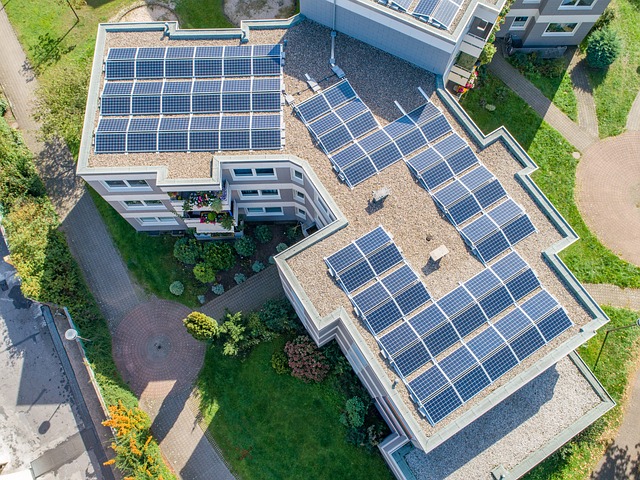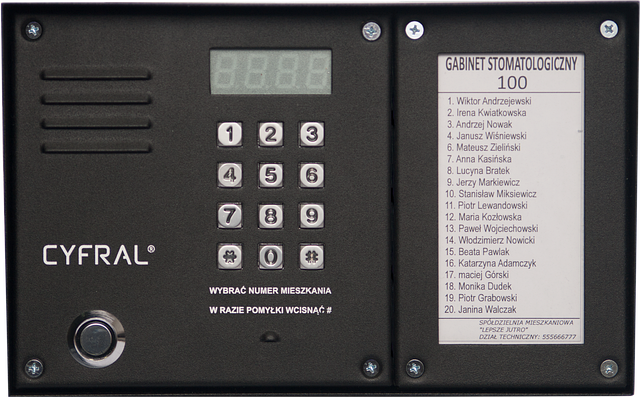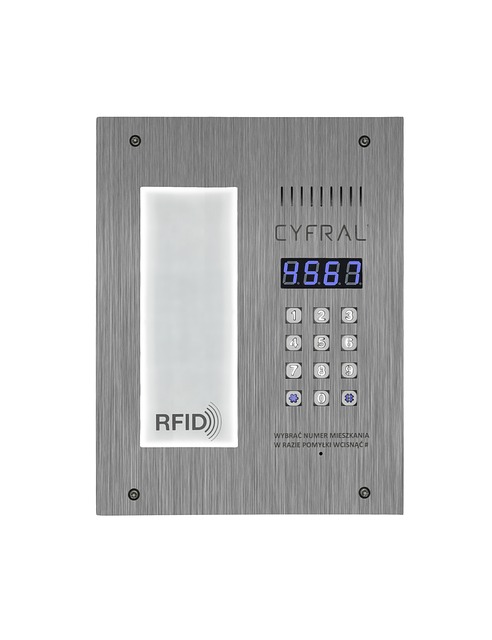In real estate, positive landlord-tenant relationships are crucial for a harmonious living environment. Landlords should build trust through honest and transparent communication, active listening, and clear instructions, while maintaining consistent availability. Tenants, as community members, deserve respect and clear expectations on rent, upkeep, and rules. Proactive conflict resolution, open dialogue, and mutual respect ensure efficient issue management, higher tenant retention rates, and a positive living experience for all.
In the dynamic realm of real estate, fostering positive landlord-tenant relationships is paramount for a harmonious living environment. This article explores three key pillars: Building Trust and Communication, Understanding Roles and Responsibilities, and Resolving Conflicts. By delving into these aspects, landlords and tenants can create a symbiotic symphony where both parties thrive, ensuring satisfaction and peace in today’s bustling real estate landscape.
Building Trust and Communication: The Cornerstone of Positive Relationships

In the real estate industry, fostering positive landlord-tenant relationships is paramount for creating a harmonious living environment. Building trust and effective communication form the cornerstone of these strong bonds. When landlords approach their tenants with honesty, transparency, and respect, it sets the stage for mutual understanding and cooperation. Regular, open dialogue allows both parties to address concerns promptly, ensuring any issues are resolved efficiently. Tenants who feel heard and valued are more likely to maintain the property responsibly, fostering a win-win scenario.
Effective communication in real estate involves active listening, clear instructions, and consistent availability. Landlords should make themselves approachable, providing tenants with multiple channels to reach out—be it in-person meetings, phone calls, or digital messaging. By demonstrating accessibility and willingness to engage, landlords can build strong connections, leading to higher tenant retention rates and a more positive living experience for all involved.
Understanding Each Other's Roles and Responsibilities

In the real estate realm, fostering positive landlord-tenant relationships is paramount for a harmonious coexistence and smooth operations. Both parties bring unique roles and responsibilities to the table. Landlords are not just property owners; they are stewards of their tenants’ homes, responsible for maintenance, safety, and ensuring fair terms. Tenants, on the other hand, are members of the local community who rely on these spaces as their dwelling places, deserving respect, consideration, and clear communication channels.
Understanding each other’s roles is crucial to navigate any challenges that may arise. Landlords should be proactive in setting clear expectations about rent payments, property upkeep, and any rules or regulations. Tenants, likewise, must commit to fulfilling their duties, such as timely rent payments, reporting maintenance issues promptly, and respecting shared spaces. Open dialogue and mutual respect form the foundation for a successful relationship that benefits both parties in the long run.
Resolving Conflicts and Ensuring Mutual Satisfaction

In the real estate world, fostering positive landlord-tenant relationships is key to a harmonious and productive partnership. When conflicts arise, addressing them promptly and effectively can prevent small issues from escalating into larger problems. Landlords and tenants should establish open communication channels where both parties feel comfortable expressing their concerns. Regular check-ins and transparent discussions allow for the early identification of issues, enabling swift resolution before they impact either party’s satisfaction.
Ensuring mutual satisfaction involves a collaborative effort. Landlords must be receptive to tenant feedback and work towards meeting their needs, such as promptly addressing maintenance requests or offering flexible lease terms when possible. Tenants, too, have a responsibility to uphold their end of the bargain by paying rent on time, respecting property boundaries, and maintaining the property in good condition. By fostering this mutual understanding and respect, landlord-tenant relationships can thrive, benefiting both parties with a comfortable and enjoyable living experience.






